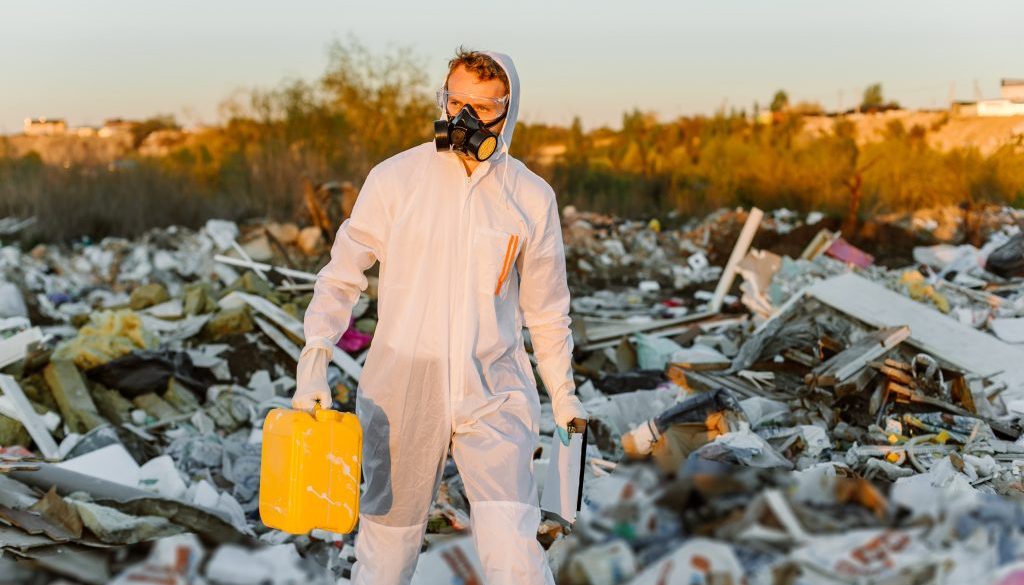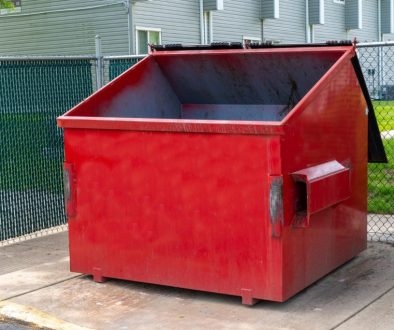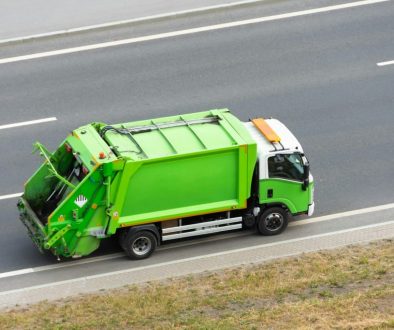Effective waste management is critical to ensuring a healthier and more sustainable environment for current and future generations. While handling general waste is relatively straightforward, the disposal of hazardous waste demands particular attention and expertise. Hazardous waste refers to any waste materials that pose a potential threat to public health, safety, or the environment, including chemicals, toxic substances, and certain electronic components. Proper disposal of hazardous waste is not only crucial for safeguarding the well-being of individuals and communities but also for protecting our ecosystems from long-lasting, harmful effects.
In this guide, we aim to educate you on the fundamental aspects of hazardous waste disposal, highlighting the importance of identifying and classifying hazardous materials, understanding local regulations, and employing best practices for safe and responsible disposal. By embracing these principles, you can protect the environment, ensure compliance with waste regulations and promote sustainability in your personal life and business operations.
As a family-run skip hire and aggregate company, we understand the significance of sustainable waste disposal and hazardous waste management. Our team is committed to providing detailed information and expert guidance on navigating the complexities associated with hazardous waste, helping you play a proactive role in preserving our environment.
Whether you are a homeowner undertaking a DIY project, a business owner responsible for properly disposing of commercial waste, or a contractor managing construction waste, this guide will equip you with valuable insights and practical knowledge to make a positive impact on the environment. Let’s delve into the world of hazardous waste disposal and learn how we can all contribute to a greener, safer future by managing hazardous waste materials responsibly and sustainably.
Identifying and Classifying Hazardous Waste
To manage hazardous waste effectively, the first step is to identify and classify the materials correctly. Hazardous wastes can be broadly categorised into the following types:
1. Toxic Waste: These materials have the potential to be harmful or fatal if ingested, inhaled, or absorbed through the skin and include substances such as pesticides, solvents, and certain electronic components.
2. Reactive Waste: Reactive wastes undergo rapid or violent chemical reactions when exposed to water, air, or other substances, leading to hazards such as explosions or the release of toxic gases.
3. Corrosive Waste: Corrosive materials, including acids, alkaline solutions, and some industrial cleaners, can cause severe damage to living tissue, metals, or other materials upon contact.
4. Ignitable Waste: Ignitable substances, such as gasoline, paint thinners, and certain solvents, are easily combustible or flammable and can pose significant fire hazards.
Understanding Regulations and Guidelines
Hazardous waste disposal is meticulously regulated to protect public health, safety, and the environment. Familiarise yourself with your local laws, guidelines, and industry standards to ensure full compliance with legal and environmental requirements. Adhering to these regulations will help you avoid fines, penalties, and potential legal action resulting from improper hazardous waste disposal.
Proper Storage and Handling of Hazardous Waste
Once hazardous wastes are identified and classified, it is essential to take appropriate measures in storing and handling them. Here are some recommendations:
1. Select suitable containers: Use containers that are compatible with the type of hazardous waste being stored, ensuring that they are sturdy, leak-proof, and properly sealed.
2. Label containers clearly: Accurately label each container with the specific type of hazardous waste it contains and any necessary safety warnings to avoid accidental exposure or misuse.
3. Implement safe storage practices: Store hazardous waste in designated, secured areas, away from incompatible substances, heat sources, or high-traffic areas.
4. Train staff on safe handling: If managing hazardous waste in a business setting, ensure that staff handling the waste are adequately trained in safe practices to minimise risk exposure.
Choosing Responsible Disposal Methods
Implementing responsible disposal methods for hazardous waste not only helps protect the environment and public health but also adheres to waste disposal regulations. Here are a few responsible disposal methods for various types of hazardous waste:
1. Recycling: Certain hazardous wastes, such as electronic waste or batteries, can be recycled to extract valuable materials and reduce waste sent to landfills.
2. Treatment: Some hazardous wastes can be treated to neutralise their harmful properties, rendering them safe for disposal or reuse.
3. Incineration: High-temperature incineration can be used to effectively destroy certain hazardous wastes, reducing their volume and toxic properties.
4. Secure Landfills: In some cases, hazardous waste must be disposed of in specialised, secure landfills designed to minimise the risk of contamination to the surrounding environment.
Employing a Licensed Hazardous Waste Disposal Service
To ensure the safe and compliant disposal of hazardous waste materials, it is highly recommended to enlist the services of a licensed hazardous waste disposal provider. These professionals have the necessary skills, equipment, and knowledge to transport, handle, and dispose of hazardous waste according to industry regulations and best practices.
1. Choose a reputable provider: Partner with a reputable and experienced hazardous waste disposal service to guarantee compliance with legal and environmental requirements.
2. Verify their licensing: Ensure that the provider is properly licensed and certified to handle hazardous waste disposal in your locality.
3. Communicate your needs: Provide detailed information about the type and volume of hazardous waste you need to dispose of, allowing the service provider to customise their approach according to your specific requirements.
Conclusion
Safeguarding the environment and public health is a shared responsibility, and adequately managing hazardous waste plays an essential role in fulfilling this obligation. By following the best practices detailed in this guide, you will not only ensure compliance with relevant regulations but also contribute to a greener and safer environment for everyone. As your trusted waste disposal partner, Enviro Skip Hire is here to support and guide you through the complexities of hazardous waste disposal, providing tailored solutions for your unique needs. Get in touch with us today to learn more about our services in hazardous waste disposal and skip hire solutions, and let us help you make a positive impact on the environment and your community.




